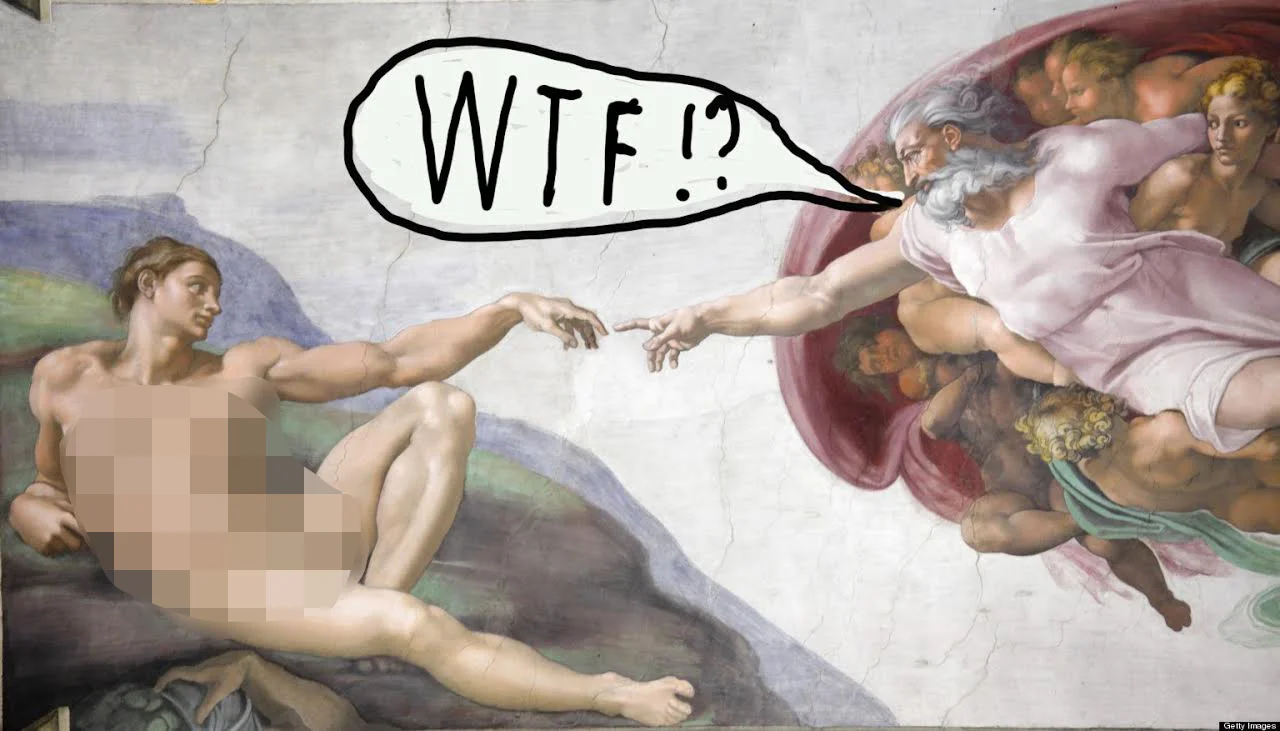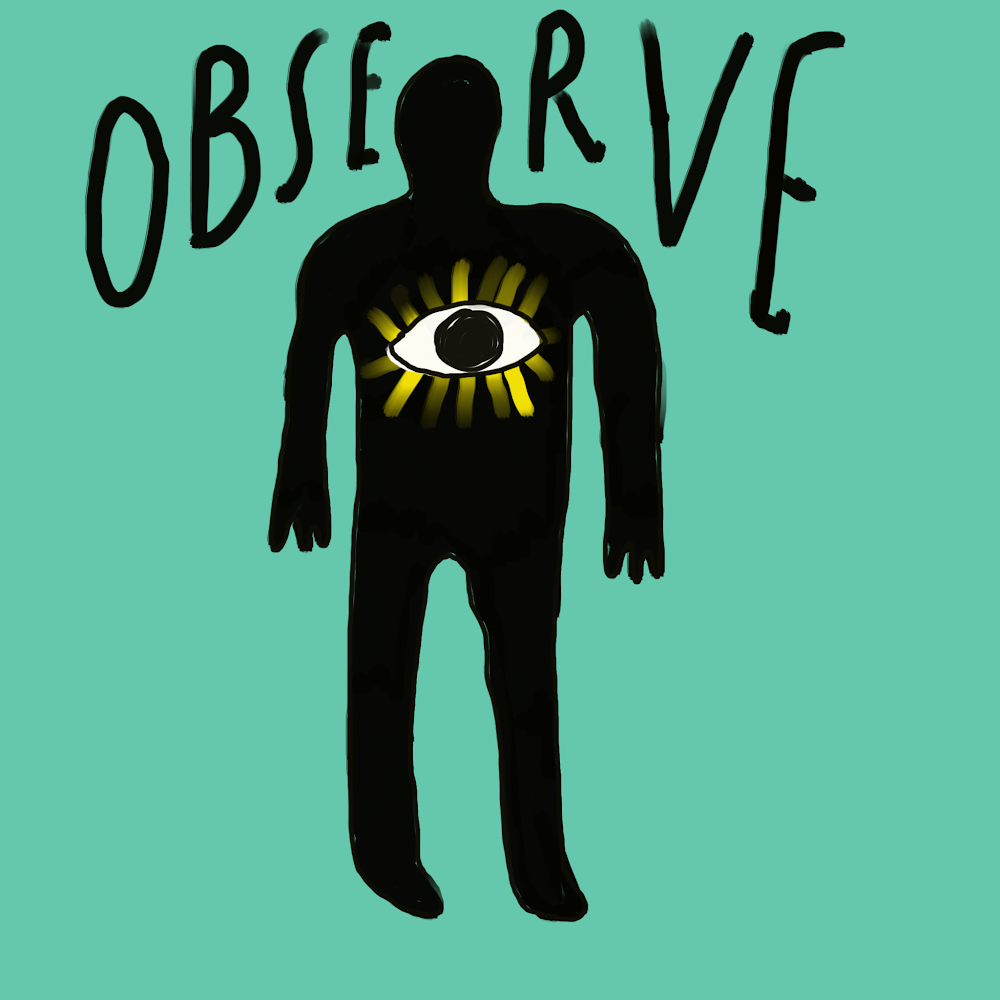I always start talking about Conceptology by asking everyone in the room to “raise your hand if you’re not a human being”. No one ever does, outside of the occasional smart ass. The fact is we are all human, and even though we are all unique our needs are primarily the same, the most primary and most important need of all is our need for connection. To be known by and to know others.
As humans we are relational. We relate. Our favorite bands, brands, cars, jeans, etc. are that way because we develop a relationship with them—what they mean to us, how we feel about them. What parts of their design: emotive qualities and concepts identify with our own realities? That is connection. Humans need connection. Humans crave it.
I’m not saying all of this to imply that we use this information to manipulate people and audiences into liking us. I think we’ve all tried that to some extent. The results are never sustainable because manipulation is unhealthy, toxic, and ends up causing pain to not only those around us but to our inner most self. Manipulation is inauthentic, and a betrayal of one’s self because instead of being an expression of our true self we offer up behaviors, ideas, design work that we think others will approve of. And how do we really know what people will want, when we ourselves are unsure of what it is we want?
Henry Ford (inventor of the Model T) said “If I would have asked the people what they wanted, they would have said ‘faster horses’”.
Manipulation is a game we play without even realizing we are doing it. When our self worth is tied into what we believe people think of us we change what we think, how we act, and the work we make based on we believe people want or will approve of. This is a loosing battle.
Imagine you are in a relationship with a significant other and your whole value system is directly tied to what you believe they think of you. You change for them, you offer only the behaviors that you think they will like, over time you’ll forget who you actually are. You’ll feel lost, you’ll feel unworthy, and you’ll feel desperately alone. Because your not actually connecting, you are pandering. It works the same way with creativity. Relationships are all the same in that they rely on connection.
What I have described to you thus far is the very definition of codependent relationships. Basically it can be simplified into Pia Melody’s description: codependence is when you change your reality so that others feel comfortable or you try to change other’s reality so that you feel comfortable. Its a recipe for crazy making, depression, and abusive relationships. So what’s better?
True intimacy. Again Melody describes this as well: when I can share my reality with you and you can share your reality with me and neither of us judge or try to change it. Intimacy in our lives and in our work is truly healing because its how we connect. And through connection we find acceptance, love, and peace. We need it. The world needs it.
The thing about true intimacy is that it starts with our self. To have a good relationship with anyone we must do two things:
Listen to the person
Respect what the think and how they feel
How often are we actually doing that with ourselves? When was the last time you stopped to examine how you felt? Not what you were expected to feel, but honestly (and even if you thought it was wrong), when was the last time you acknowledged your true feelings and thoughts? This is the core of Conceptology. An intimate relationship with the self. All potent work comes from this place.
The first lesson I always teach comes from the Bible, just hear me out.
In the Garden of Eden, what was Adam and Eve’s major screw up? Was it disobedience? That’s what most churches would tell you. I believe it was something more toxic, more diabolical than the mere elementary idea of disobedience. If I had a toddler and I told him “do not touch this hot stove” and he does anyway, if we followed this disobedience idea, then the toddler after getting burned would come to me and say “I’ve disobeyed you and you are punishing me with this pain!”.
It doesn’t make sense. So lets follow the story. Adam and Eve eat the fruit of the knowledge of good and evil, then what happens? Their eyes are opened, they see that they are naked and they hide. God comes looking for Adam and when we finds him, Adam says “I saw that I was naked and I hid”. God replies “who told you that you were naked?”. The idea of naked didn’t even exist until then. Man defined it by feeling incomplete.
What happened in the Garden was that Adam and Eve took the knowledge of good and evil and became extremely judgmental. But they didn’t judge each other, or God, the first place they applied this new found judgement was to themselves. And because of that, they applied the shame of inadequacy, not enough, unworthiness, etc. to themselves and they hid, not only from God but from themselves. This is the dysfunction or sin that was introduced into the world. As a designer, if what I design behaves in a way I did not design, that is dysfunction or sin. Adam and Eve, at that point, became dysfunctional.
The Bible goes on to say that Adam begat a son in his “own likeness” and “own image” (Gen 5:3). In his own “likeness” and “image”, sure on a surface level his offspring “looked’ like him, but I believe this passage is talking about how Adam saw himself. This mental ideal that he wasn’t enough, somehow flawed, naked and ashamed was passed down. Where as God started His project by creating man “in His own image” (Gen 1:27) —whole, at peace, enough—with Adam we became corrupt because of the way we view ourselves and continue to pass this down. From generation to generation we are hiding from ourselves because of our false feelings of inadequacy.
We spend our lives thinking that how we feel and what we think aren’t as important as what others think. We feel that just our own ideas, thoughts and feelings aren’t enough, we feel naked. We feel that we need justification, approval, permission, that we must be added to, covered and protected, to feel complete. That is perfectionism. The thinking that by being “perfect” will clothe us, protect us, and hide our true “nakedness” from everyone. But the paradox is that our “nakedness”— vulnerability, honesty, and our truth—is the only thing that is important, because it connects to others.
Besides being perfect is boring. And honestly its complete fiction. There is no such thing as “perfect”. We made it up. Perfectionism happens because we choose to focus on what we aren’t rather than focusing our attention on who we are. That is basic foundation of gratitude and self love. It starts with the acknowledgement of who we are (faults and all), then being thankful for that person, which will grow into self love. And self love is kind, compassionate, accepting, patient, coming not from want or need, but from a place of wholeness and peace. And all of our creative works must come from this place, because thats where bravery, authenticity, truth, art‚—true connection—comes from.
Steps to connecting with your self:
Take daily breaks for an emotional and physical check in. How do you feel physically? How do you feel emotionally? Be honest, don’t judge your feelings, just note them
Respect and acknowledge how you feel. Write it down. Take simple steps: if you are hungry? Eat. Tired? Sleep. Emotionally burnt out? Take a bath or relax. Start small, but just start. Self care is the foundation of the relationship with self. Like all great relationships, this will take some time.



